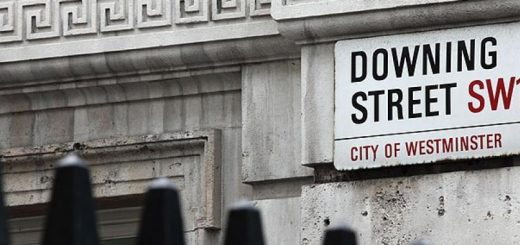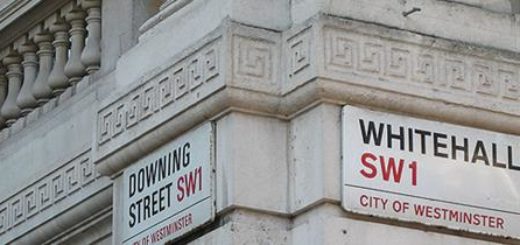Yesterday, the Parliamentary Administration and Constitutional Affairs Committee (PACAC) published its report on Parliament’s role in authorising military force. It sets out what should be done, and by whom, when the use of military force is being considered, providing clarification for both Members of Parliament and the public.
The APPG on Drones’ submission to this Inquiry was widely cited within the report, with its central message reiterated within the committee’s own findings:
‘Currently, Britain’s growing military capabilities and commitments are far outpacing the existing procedures for parliamentary scrutiny and oversight, highlighting the need for a strengthened Parliament to meaningfully uphold its obligations under the conventions.’
Whilst the Committee stress that the government’s ability to act must not be compromised, it joined the APPG on Drones in recommending that in those emergency cases where Parliament is not consulted, the action must be reported and justified to Parliament at the earliest opportunity, with adequate means of scrutiny. The report states:
‘it is clear to us that strong scrutiny of Government leads to better decisions. This applies as much to the decisions and policies on military action, as it does to any other area of Government policy and decision-making.’
Crucially, in an era of changing warfare and the need for quick decision-making, the Committee urged both the government and Members of the House to develop new mechanisms for communicating and sharing necessary information. Whilst Members should educate themselves on relevant issues and information, it is also vital that the Government provide the house with the necessary information to enable effective scrutiny.
In the face of these challenges, PACAC instructs that Parliament should be allowed to debate general policies on how force is used, and particularly in instances when when parliamentary approval has not been secured:
‘The House of Commons should consider how it best manages these competing demands. We are persuaded, for example, that the principle of how special forces and drones are utilised should be considered by the House, even if specific instances of deployment cannot be debated openly. This would both hold the Government to account for its general policy and give the Government guidance in relation to the types of policy which the House of Commons would, in principle, tolerate and support….’
‘…The post-2003 convention of prior consultation with the House of Commons developed as a mechanism to ensure that decisions on military action were democratically authorised and accountable. As the debate around the exceptions to the convention demonstrates, direct, prior consent is not always appropriate or possible. However, this does not mean that in these areas there is no need for democratic accountability and authorisation. It simply leads us to conclude that the mechanisms by which accountability and authorisation are achieved must be different. The increasing frequency and importance of sub-conflict confrontations highlighted throughout the evidence poses new challenges both for the Government and Parliament. While we accept that much of this would not, and should not, be covered by the existing convention on prior parliamentary approval, we do not accept the view of the Minister for the Armed Forces that these are not issues for Parliament. On the contrary, it is imperative that the House of Commons considers how it can effectively fulfil its duty to hold the Government to account in relation to foreign policy and defence issues.’
In response to this need to adapt to the ‘increasing frequency and importance of sub-conflict confrontations’, PACAC recommends that MPs have access to all but the most sensitive information regarding the possible use of military force, to ensure effective scrutiny of Government decision-making and policy. The Committee makes clear that it expects concrete proposals from the Government on how it intends to provide such information in its response. PACAC cites the provision of information to appropriate Commons Committees as one possible way of achieving this, as well as a strengthening of the role of Committees.
The APPG on Drones welcomes these proposals, which echoes debates in the House of Commons and recommendations in the APPG on Drones’ 2018 Inquiry Report. We commend the work of the Parliamentary Administrative and Constitutional Affairs Committee, and support the Committee’s request to the Government to provide proposals of how mechanisms for scrutiny and information-sharing in Parliament can be strengthened.



